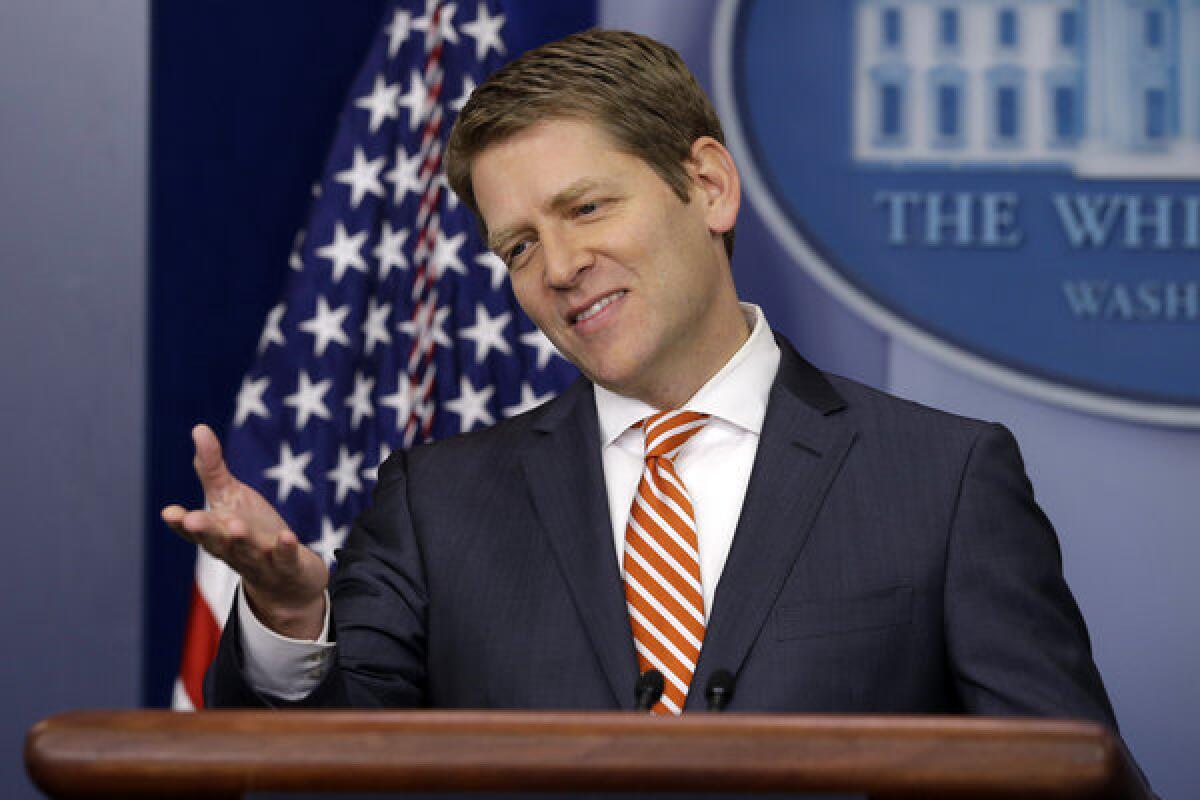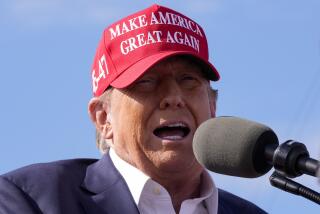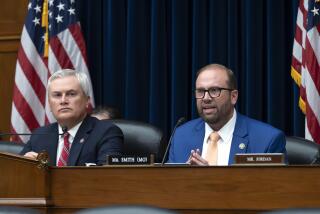Carney defends Obama’s record on limiting role of money in politics

WASHINGTON — White House Press Secretary Jay Carney on Monday defended President Obama’s efforts to reduce the influence of money in politics amid reports that a pro-Obama advocacy group is offering high-dollar fundraisers special access to the president.
During a briefing with reporters, Carney disputed the notion that access to Obama was being sold through Organizing for Action, a 501(c)4 social welfare organization set up by the president’s top political advisors.
“The fact is there are a variety of rules governing interaction between administration officials and outside groups, and administration officials follow those rules,” he said. “White House and administration officials will not be raising money for Organizing for Action, and while they may appear at appropriate OFA events in their official capacities, they will not be raising money.”
PHOTOS: President Obama’s past
But he did not dispute reports that Organizing for Action officials have invited former top campaign bundlers to join a finance committee that will meet occasionally with Obama.
During briefings for potential donors this month, OFA chairman Jim Messina and executive director Jon Carson laid out plans to invite fundraisers who bring in $500,000 a year for the new group to quarterly meetings with the president, as the Los Angeles Times first reported.
The arrangement triggered questions from reporters Monday at the White House after the New York Times reported Saturday that the group hopes to raise $50 million, with half coming from major bundlers.
“Look, this is an independent organization,” Carney said. “I would point you to that organization for how it raises its money.”
He defended Obama’s record on money in politics, pointing to his support for the DISCLOSE Act, a measure that would require politically active groups to reveal information about their major donors. He also noted that Obama has called for new rules on ethics and transparency, such as barring lobbyists from bundling campaign contributions.
QUIZ: How much do you know about sequestration?
“The president has been very clear that we should be doing more to reduce the role of money in politics,” Carney said.
But campaign finance reform advocates have given Obama poor marks on curbing the influence of big money in politics, noting that he reversed his opposition to outside groups by embracing a super PAC that campaigned for his reelection and then accepted corporate money for last month’s inauguration festivities, a flip-flop from his stance in 2009.
In particular, they have lambasted the creation of OFA, a nonprofit organization that can raise unlimited sums without disclosing its donors. OFA officials have said they plan to voluntarily disclose contributors on a quarterly basis, but they will list ranges of sums donated, not the exact amounts.
Follow Politics Now on Twitter and Facebook
Twitter: @mateagold
More to Read
Get the L.A. Times Politics newsletter
Deeply reported insights into legislation, politics and policy from Sacramento, Washington and beyond. In your inbox three times per week.
You may occasionally receive promotional content from the Los Angeles Times.










